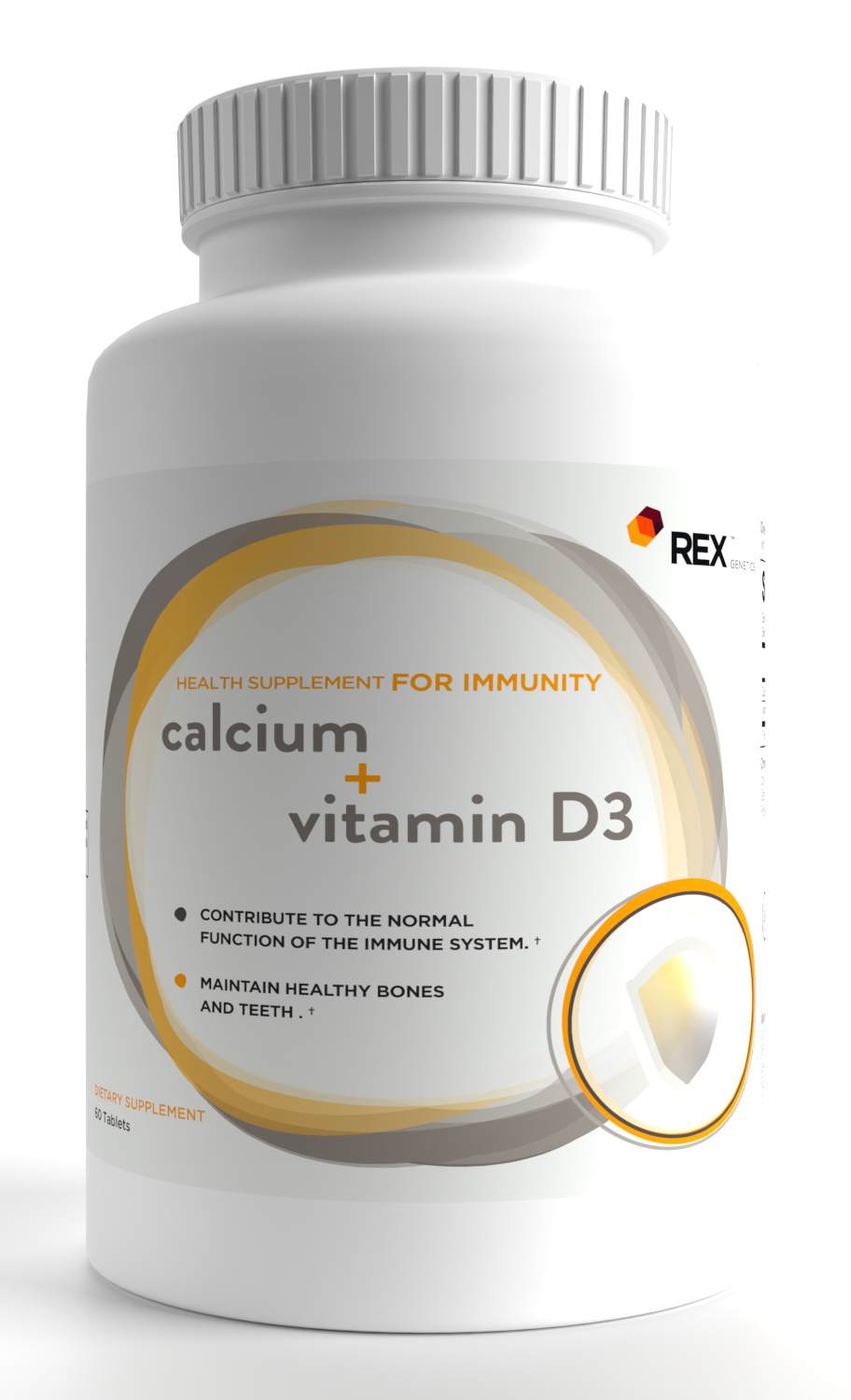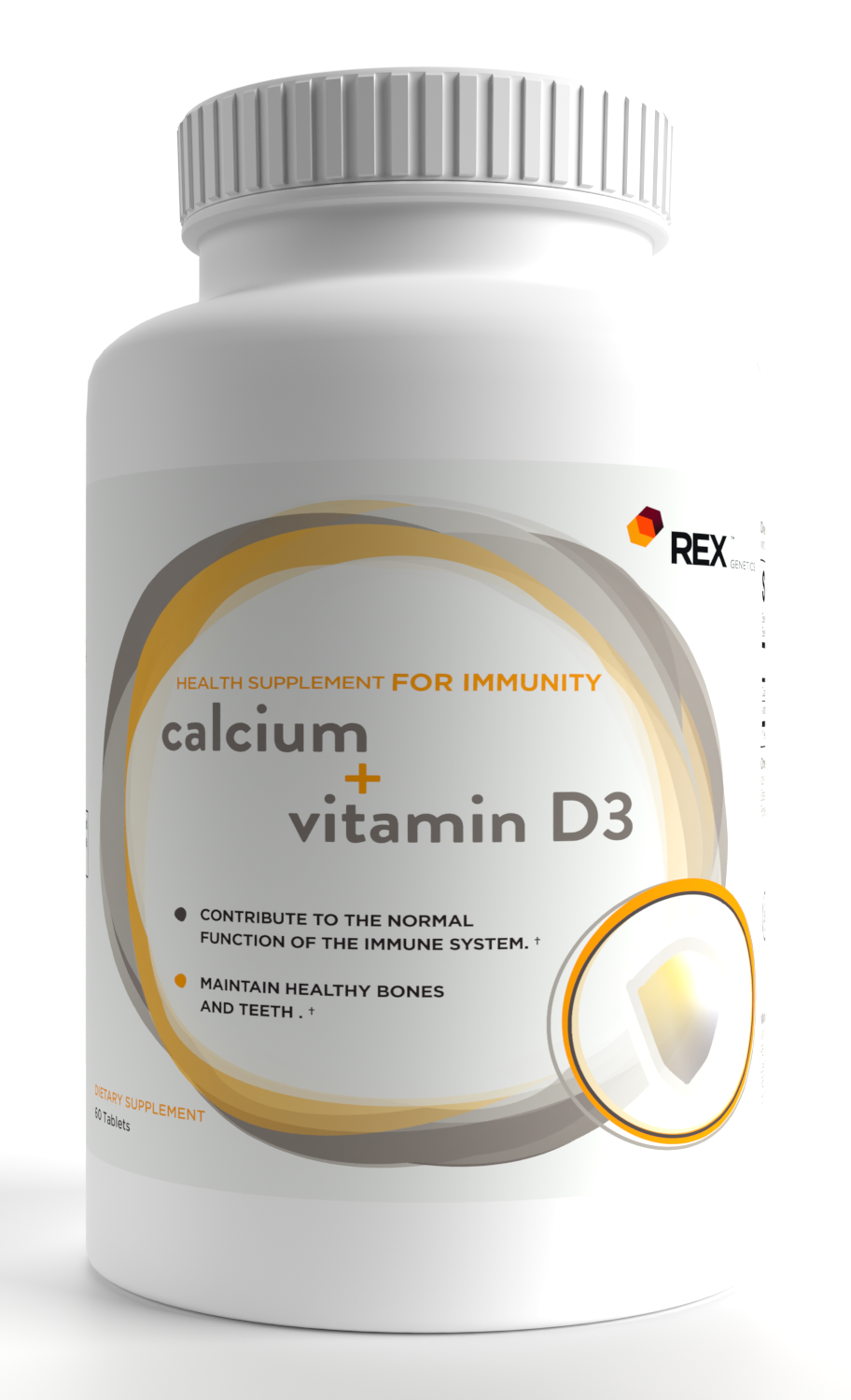Did you know that infertility affects 15% of all couples worldwide? That accounts for almost 48.5 million people.
Of these, men are reported to be solely responsible for 20-30% of infertility cases, and they contribute to 50% of all instances. This shows that male infertility is more widespread than you can imagine.
How Fertile Are Males?
For ensuring a successful pregnancy, two healthy adults are needed. In the case of males, just like with females, fertility declines with age. However, men at the age of 45 are more fertile than women at 45. Although today, it seems a majority of men are affected in ways other than age.
When it comes to sperm health, there are three factors that determine how fertile a man is:
Sperm Count
The number of sperm discharged through the sperm in a single ejaculation is referred to as the sperm count.
Sperm Motility
Motility refers to how well the sperm travels through the woman’s reproductive parts to reach and penetrate the egg. A sperm’s motility allows it to compete with other sperm to be the first to fertilize the egg.
Sperm Morphology
Sperm with a normal shape and structure can easily fertilize a woman’s eggs, while abnormally shaped sperm may have difficulty propelling to fertilize the egg.
Age And Male Fertility
Is age truly a role in men’s fertility? This is a common topic when it comes to male fertility age. Unlike women, men produce sperm every day. So, can aging still have an impact on men's fertility? Yes, men are affected by age as well.
According to male fertility age graphs:
-
Male fertility declines at a slower rate with age than female fertility.
-
At 65, a man has a higher chance of impregnating a woman compared to the near impossibility of a woman getting pregnant at 65.
-
Sperm health factors such as sperm count, motility, and morphology decrease with age. As a result, it takes an older guy longer than a younger man to conceive with a woman.
So, What Is The Best Fertility Age For Men?
A man below 35 years of age is considered most fertile. This does not negate the fact that a guy of any age can still get a woman pregnant. However, the motility of the sperm, or how fast and well the sperm swims, is affected with age.
And if you’re wondering how men can protect their fertility as they age, there is a solution for that, too. Men who are in their peak reproductive health have the option of freezing their sperm for future use, just like women.
Causes Of Poor Male Fertility
Sexual Dysfunction
If the man lacks sex drive or pleasure, he is unlikely to meet any expectations, resulting in unsuccessful sexual activity. This is also applicable to erectile dysfunction, which affects a man’s ability to maintain an erection.
Hormone Profile
Poor functioning of any of the hormonal systems such as the adrenal gland can sometimes be the cause of infertility in men. Underlying hormonal issues can threaten their functionality and hormone production.
Tumors
Tumors, including cancer, can impair fertility via glands such as the pituitary and prostate glands.
Retrograde Ejaculation
The semen that is supposed to be expelled through the penis during sexual intercourse or orgasm is instead directed to the bladder, resulting in a dry orgasm.
Genetics
It’s not always age or tumor that is the problem. There may be a defect in the Y chromosome of the man causing a low sperm count or even the ability to produce any.
How Can A Male Check His Fertility?
Semen Analysis
It is one of the first tests that is done to check the extent to which a man’s sperm is still viable or fertile.
Genetic Testing
A problem with low sperm count could be genetic, and in such cases, a genetic test is conducted to analyze the DNA and determine if there are any congenital or hereditary disorders.
Hormone Evaluation
This test evaluates the level of testosterone in order to ascertain the man’s sperm production.
Transrectal Ultrasound
This helps identify any form of obstruction in the ejaculatory duct and determine the status of the prostate.
How Can A Man Increase His Fertility?
One of the best ways to significantly improve fertility, especially if the man is in his prime, is by making lifestyle changes.
Lose Weight
Research has shown that body mass index (BMI) is associated with decreased sperm production, poor sperm count, and reduced sperm motility. Losing weight can thus help increase fertility.
Alcohol & Drugs
Excessive alcohol and drug consumption are also known to damage and reduce sperm count.
Smoking
Generally, smoking has adverse effects on the lungs and fertility.
Diet
This is one of the most important ways to increase fertility.
Here are some recommended foods to increase male fertility:
Walnuts
Walnuts are enhanced with acids that can help increase motility and vitality, which also helps increase the fertility of the man’s sperm.
Fish
The zinc present in fish is a great supplement for boosting testosterone level as well as sperm count.
Dark Chocolate
It contains a lot of minerals that assist in hormonal balance and reduce stress levels, while also secreting dopamine that will help in increased fertility.
Pumpkin Seeds
As seen in fish, zinc-concentrated foods have a great advantage in improving the quality of sperm.
Supplements
If your body is severely deficient in nutrients and minerals, including zinc, vitamin E, and vitamin C, taking additional supplements can boost your overall health as well as help improve the general fertility in men.
How Oxper Advanced - MEN Fertility can help
Studies have shown that fertility supplements that are rich in certain vitamins and minerals can increase male fertility by dramatically increasing sperm quality.
Oxper Advanced Men Fertility health supplement has all these ingredients and more that can help boost male fertility.
Benefits of Oxper Advanced Supplement
-
Rich In Zinc
Oxper Advanced is rich in zinc, which boosts testosterone levels, thus aiding male fertility. Low testosterone levels are a major contributor to poor sperm quality and sperm count.
-
Good Vitamin Content
Oxper Advanced is rich in vitamins A, E, and C, which are essential components in every diet. Vitamin C is a powerful antioxidant that has been proven to increase sperm count, while vitamin E improves sperm fertility and decreases sperm DNA damage.
-
Contains Folate And Selenium
Folate is vitamin B19, commonly known as folic acid. It helps to increase sperm concentration. Research has suggested that low folate levels are bad for sperm DNA stability and can reduce sperm motility.
Selenium also helps improve morphology and motility and prevents sperm from cellular damage. A study on the effects of selenium on sperm motility showed 56 percent of participants seeing an improvement in sperm quality after taking selenium supplements.
-
Contains the purest form of L-carnitine
L-carnitine is an amino acid that processes energy in our bodies. The Swiss manufacturer Lonza produces the highest quality of L-carnitine called Carnipure™. This derivative is added in Oxper Advanced to reduce stress and boost energy and metabolism.
Final Thoughts
So, when is it time to seek help? If you are unable to conceive despite a healthy lifestyle, it may be time to consult a doctor.
You should also watch out for signs such as inability to smell, pain or swelling in the testicular area, lack of sex drive, and recent penis or scrotum surgery.
In the United States, around 9% of males have experienced fertility issues. So, you’re not alone. Whether you plan to have a child or not, if you suspect an underlying health issue, you must seek help at the earliest.





